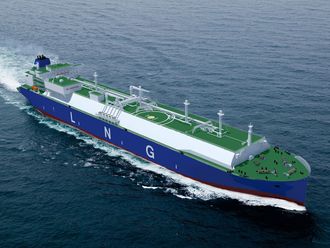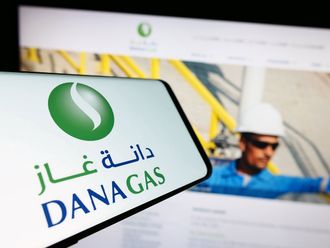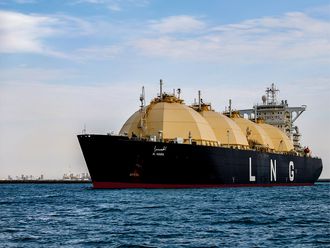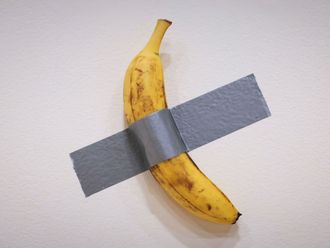Baghdad: Iraq's oil production has risen above 3 million barrels per day for the first time in more than three decades, it announced yesterday, and said it will sharply increase exports with a major new floating oil terminal beginning operations in three days.
"While I am talking to you today, the Iraqi oil production has exceeded 3 million barrels per day," Deputy Prime Minister Hussain Al Shahristani told a conference in Baghdad.
"Loading crude from the first floating oil terminal will start during the next three days."
Nine years after the invasion that toppled dictator Saddam Hussain, Iraq has ambitious plans to expand oil production long held back by decades of sanctions and war.
Oil executives involved in Iraq's oil development projects injected a note of caution.
They see a gradual rise in Iraq's production, which ran just below 2.7 million bpd in 2011, to an average 3 million bpd this year.
Al Shahristani's figures, if sustained, would signal a major increase in Iraqi output. Oil Minister Abdul Kareem Luaibi called it the highest figure since 1979.
Iraq's production averaged just 2.68 million bpd last month, according to Opec. Average daily output has often been held back by a lack of export infrastructure to load oil onto ships.
Iraq officially announced the opening of its new export outlet last month, but the Single Point Mooring (SPM) facility off the southern coast has yet to start operation, with officials blaming the delay on bad weather.
Weather blamed
The new facility would allow Iraq to increase its exports by 300,000 bpd. Iraq's exports were just 2.014 million bpd in February, Iraq's State Oil Marketing Organisation said, down from 2.106 million bpd in January, with officials blaming weather in the Gulf for stalling loading.
An increase in Iraqi exports could help alleviate international markets wary of cuts in exports from neighbouring Iran due to US and European sanctions on Tehran. India and other buyers of Iranian oil have indicated they could switch to Iraqi supplies if they are available.
Iraq aims to double its oil output over the next three years and has a long-term goal of 12 million bpd. Although that target may be out of reach, Iraq is still expected to be the world's biggest source of new oil supplies over the next few years.
Luaibi told reporters at the conference that Iraq was examining offers by Britain's BP and Schlumberger NV to upgrade production at Kirkuk, one of Iraq's biggest and oldest oilfields.
Exploration in northern Iraq has been held back in part by disputes between the central government and the autonomous Kurdish region over control of fields in Kurdish provinces.
The central government says it alone has the right to export Iraqi oil, and adds that deals signed by foreign firms with the Kurdish regional authorities, such as one announced by ExxonMobil, are illegal. Luaibi repeated earlier remarks by Iraqi officials that an announcement on the Exxon deal would be made soon.
Luaibi said Iraq's central authorities had received only 65,000 bpd of oil — less than half the 175,000 bpd they had expected — from the Kurdish region since the start of the year.
The central authorities say they suspect that missing Kurdish oil is being illegally exported abroad.












